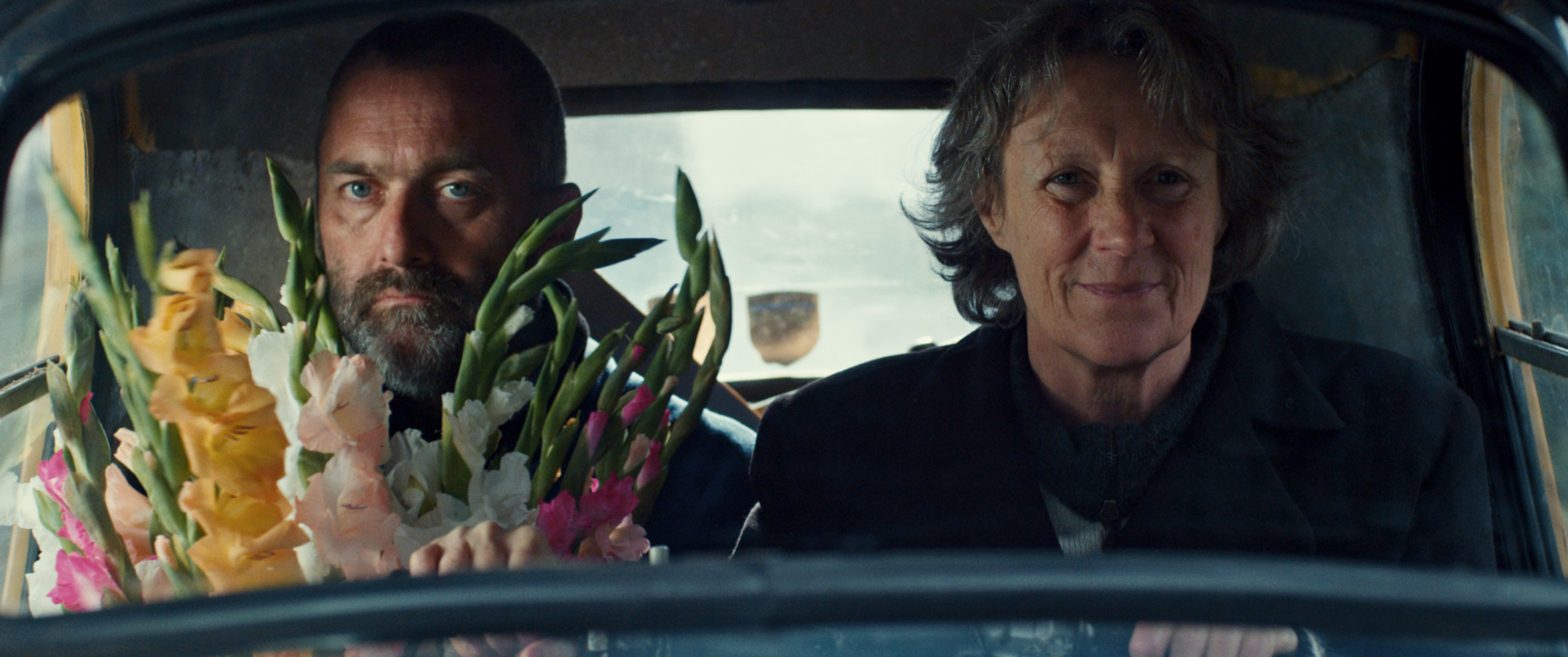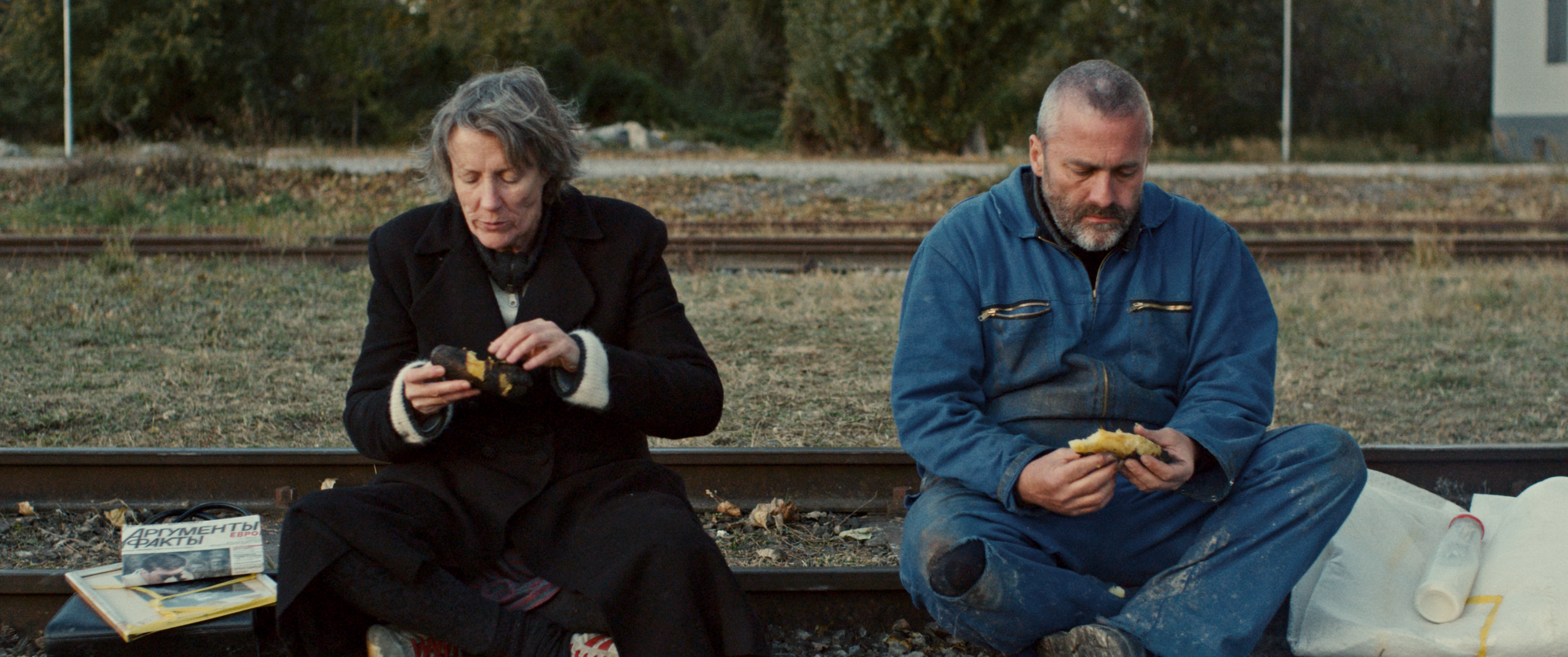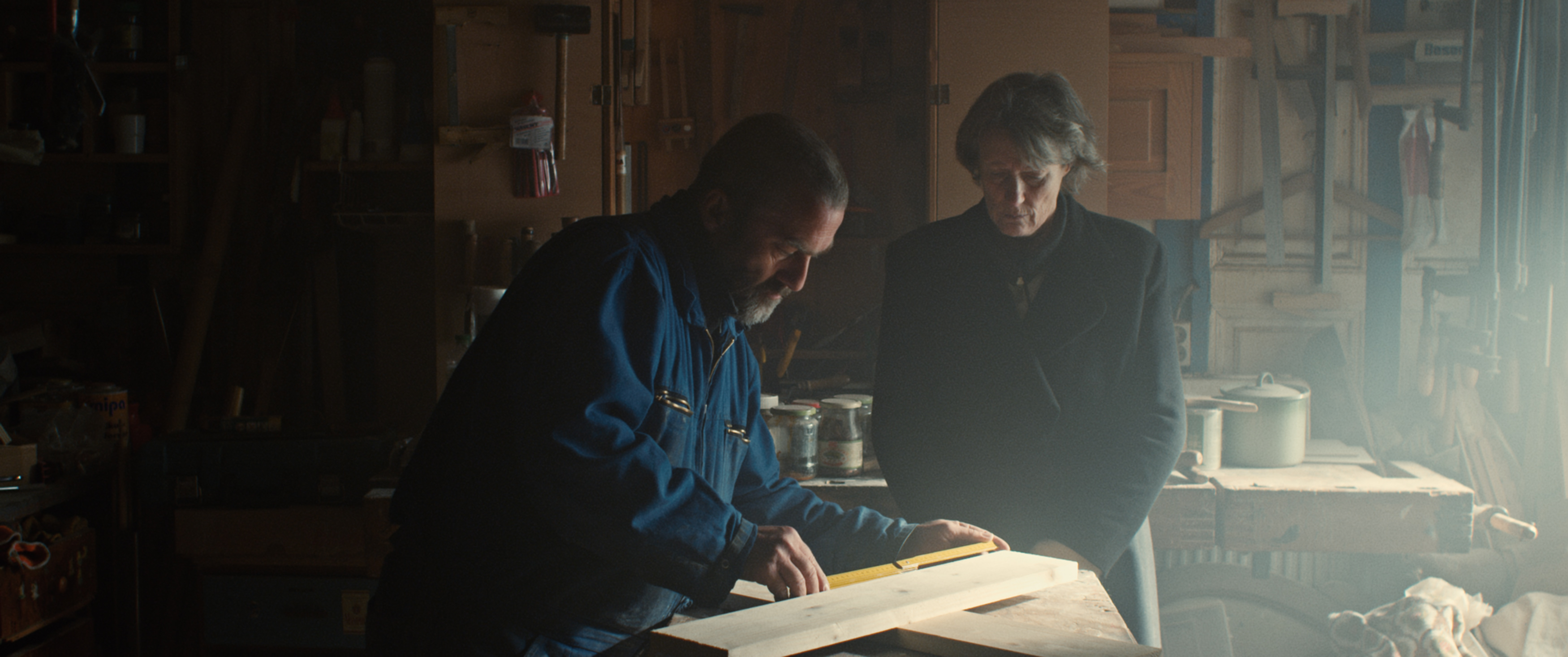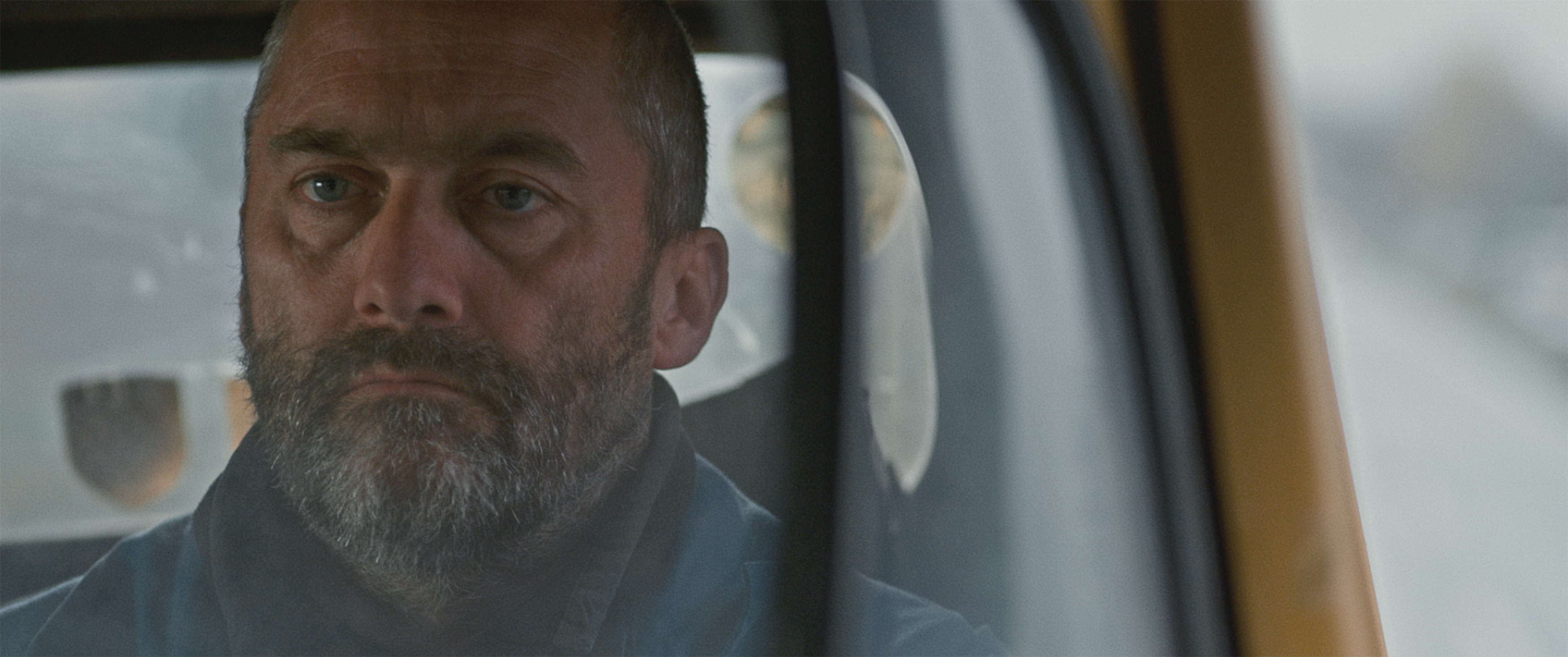DEPARTURE
AT 2018
Colour, 103 min., HD, Cinemascope, Stereo, German, subtitles in English
WP Berlinale Forum
Directed by Ludwig Wüst Written by Ludwig Wüst Produced by Maja Savic and Ludwig Wüst Cinematographer Klemens Koscher AAC Line Producer Thomas Hajnik Camera Assistant Axel Wolf Bierbaum Sound Tjandra Warsosumarto Music Andreas Dauböck Editor Samuel Käppeli Production Assistant Astrid Krisch
With Claudia Martini, Ludwig Wüst
Supported by BKA - Innovative film, Stadt Wien MA7
Colour, 103 min., HD, Cinemascope, Stereo, German, subtitles in English
WP Berlinale Forum
Directed by Ludwig Wüst Written by Ludwig Wüst Produced by Maja Savic and Ludwig Wüst Cinematographer Klemens Koscher AAC Line Producer Thomas Hajnik Camera Assistant Axel Wolf Bierbaum Sound Tjandra Warsosumarto Music Andreas Dauböck Editor Samuel Käppeli Production Assistant Astrid Krisch
With Claudia Martini, Ludwig Wüst
Supported by BKA - Innovative film, Stadt Wien MA7
Synopsis
A man leaves a woman, a woman leaves a man. Both meet for a short while. Great changes await them at the end of this journey.Director's statement
MONO NO AWARE, the Japanese proverb „the sadness for the passing of things“ inspired me to do this film: DEPARTURE, a film, that sent us on an intensive expedition, a cinematic trip towards the last things, that have partly disappeared and won’t be possible anylonger… what comes after it?



 Departure-Stills.zip
Departure-Stills.zip “I had already seen the film two weeks ago and just snuck into the movie theatre to listen to the discussion. I could immediately feel that something special had happened for those who stayed. It took Forum some time to discover Wüst, (…) especially his movie “Heimatfilm” would have deserved every attention. But there can never be enough events and counter events during Berlinale so that it wouldn’t miss anything. It is even more satisfying if it discovers something. Even Oscar Peyrou would acknowledge that.”
Bert Rebhandl, FAZ
“Departure“ by Ludwig Wüst is defined by reduction: one day, two characters, three places. It´s a road movie of the inwardness / of the soul. (…) despite its darkness this prosaic film never deteriorates into pessimism.”
Jonas Lages, Der Tagesspiegel
“Departure“ (…) forms in itself (…) an intensive, very intrinsic emotional tension. The aesthetics of the film can be described as through and through tangible and realistic.“
Barbara Wurm, taz
“With it's emblematic visual language, the film appears like an japanese ink drawing, the minimalistic narrative as a filmed haiku.“ Bernd Brehmer, Werkstattkino München
Bert Rebhandl, FAZ
“Departure“ by Ludwig Wüst is defined by reduction: one day, two characters, three places. It´s a road movie of the inwardness / of the soul. (…) despite its darkness this prosaic film never deteriorates into pessimism.”
Jonas Lages, Der Tagesspiegel
“Departure“ (…) forms in itself (…) an intensive, very intrinsic emotional tension. The aesthetics of the film can be described as through and through tangible and realistic.“
Barbara Wurm, taz
“With it's emblematic visual language, the film appears like an japanese ink drawing, the minimalistic narrative as a filmed haiku.“ Bernd Brehmer, Werkstattkino München